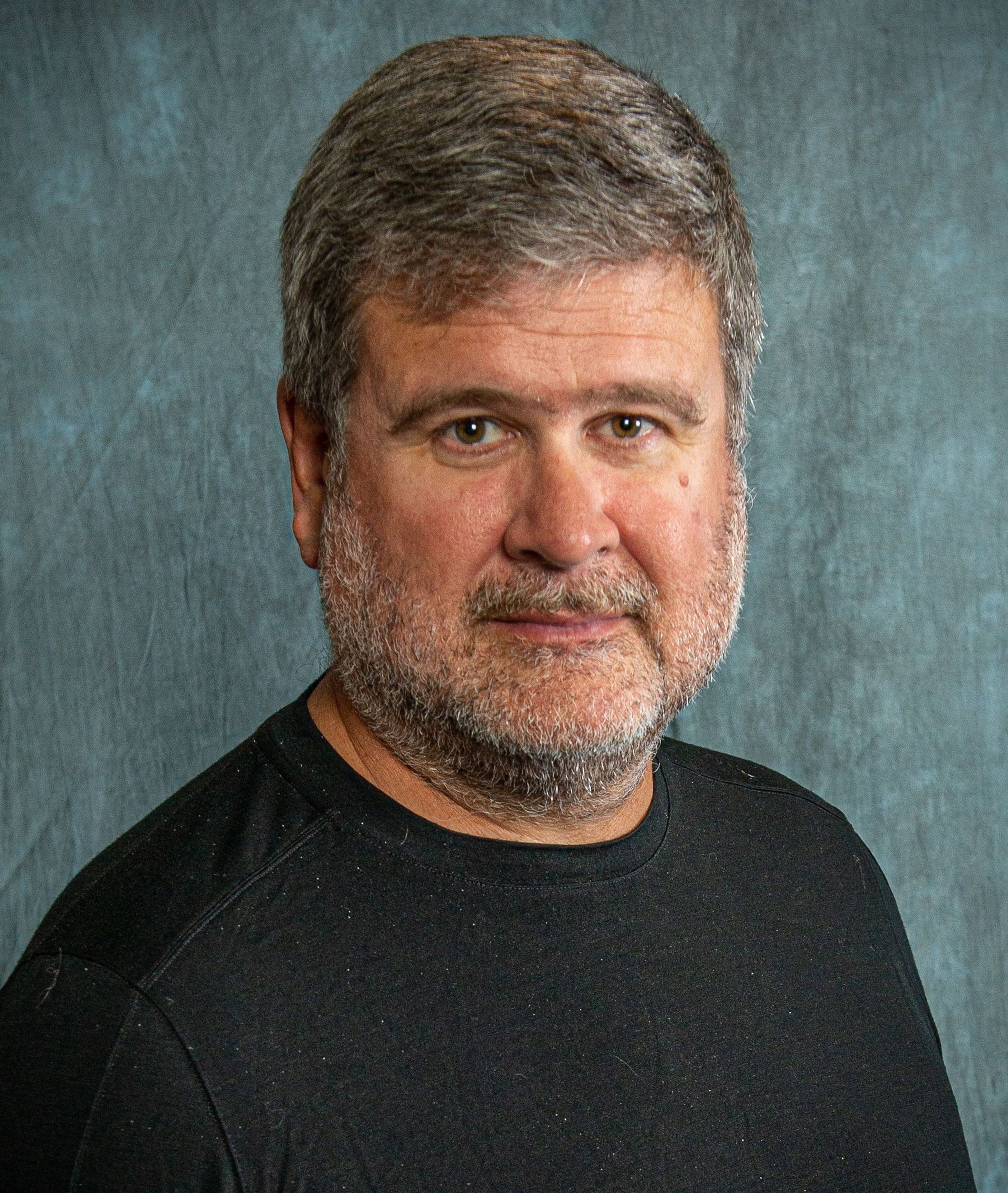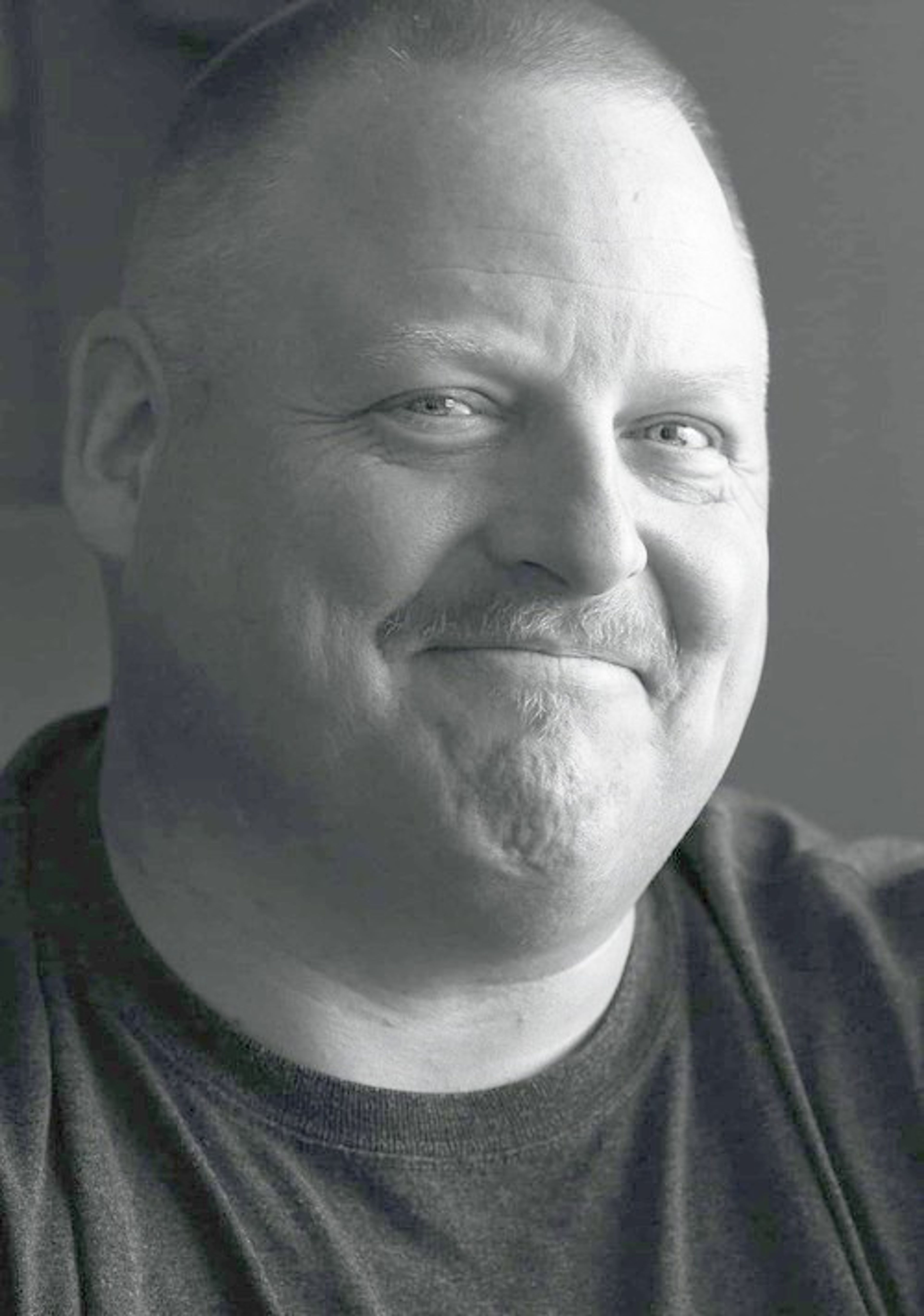One thing about heavy snowfall - it slows the world down. And I'll confess. It makes me feel like I finally have enough time to watch TV.
I'm not much of a TV watcher. I'm more inclined to waste time on Facebook than watching the various smorgasbord available to me on Netflix. But I do have a weakness - movies with big, screen-spanning scenery. Like "Lawrence of Arabia," or one of my favorites to watch while it's snowing - "Dr. Zhivago."
For those not into old movies, "Dr. Zhivago" is a classic, starring Omar Sharif and Julie Christie. Released in 1965, during what one might consider the height of the Cold War, it is a sweeping epic about the headline character as he moves through life in Russia, during WWI, the Bolshevik Revolution and the establishment of the USSR. It was so controversial that it was banned in the USSR until after the collapse. It portrays the main character, Omar Sharif, as he moves through the various periods, falling in love, getting married, conscripted and sent off to the front, and finally running and hiding from the communists in the Ural Mountains east of Moscow.
Needless to say, it is beautiful to watch. I highly recommend it. And while the main characters are tied up with different aspects of the totalitarian government, in the middle is a tragic love story involving the main characters - Dr. Zhivago, and his love interest, Lara. Zhivago is also a poet, besides being a doctor. And it is his poetry that lands him into hot water as much as any political affiliation.
One of the things about the movie is that while it is fictionalized, it captures the monotony and tyranny of totalitarian communism. It's not surprising that many are projecting the attempt to gain socialized medical care in the U.S. in the same light - though even a cursory examination reveals that to be total nonsense.
But what is more interesting is how the movie portrays the run-up to the Bolshevik Revolution and the establishment of communism in Russia. The movie was made more than 50 years ago, so any attempts to say that it was made by Hollywood to sway the current political debate is also nonsense. The short version of the story is that Russia allowed the elites to amass more and more money, hiding behind the Czar (the king) of Russia, and not insisting on quality education and opportunity for the peasantry, until the situation became so untenable that there was mass revolution. One of the scenes in the movie has the elites dancing in a warm ballroom, dressed in their finery, while in the snow, Russian cavalry are riding down and killing people protesting in the streets. It is a classic recipe for violent revolution, as well as the bloody purges that followed. Forget the notion of political correctness. The only ones left were the zealots and the psychopaths.
We stand in our own nation at a moment only minutely less perilous than the one portrayed in "Dr. Zhivago." The losers in our economic system are told they must work harder. The reality is that the opium epidemic that plagues them is only confined to the losers in the current economic system. When people are reduced to a place of no dignity, no matter how hard they work, and cannot afford to buy a house or tend to their families, we should expect no less than their receptivity to the bellowings of a demagogue. But if we choose, information about the consequences of our choices are everywhere - even in a movie that is 50-plus years old.
It's looking like we're in for another week or so of cold weather. Pull up "Dr. Zhivago." It's a beautiful movie. And don't settle for a stupid rant about totalitarianism and communism. Ask how the main characters got there in the first place.
Chuck Pezeshki is a professor in mechanical and materials engineering at Washington State University.








